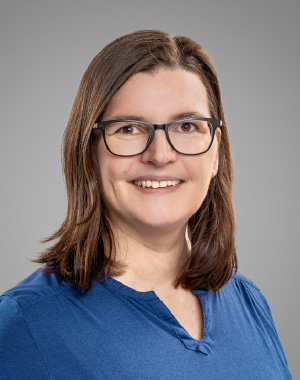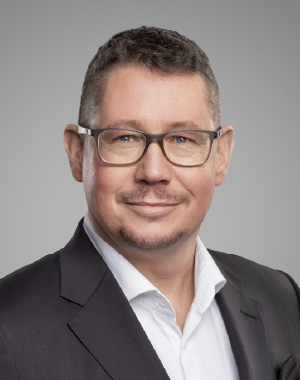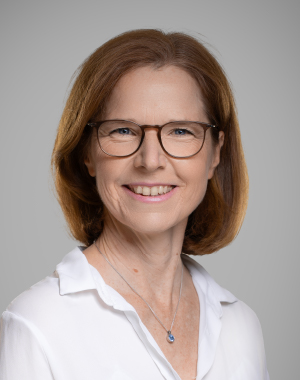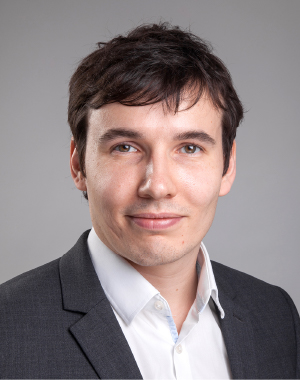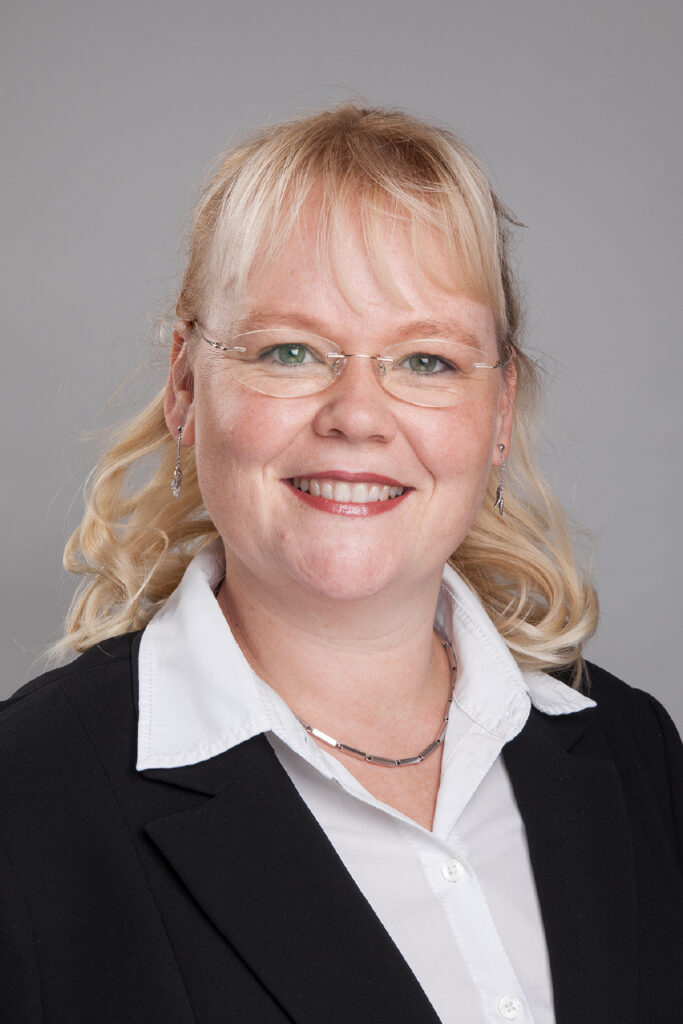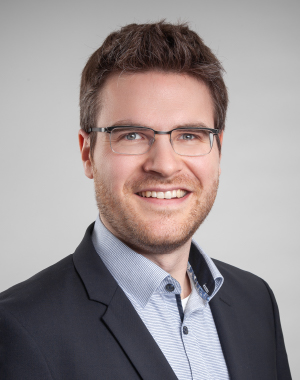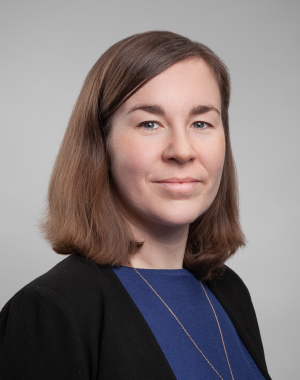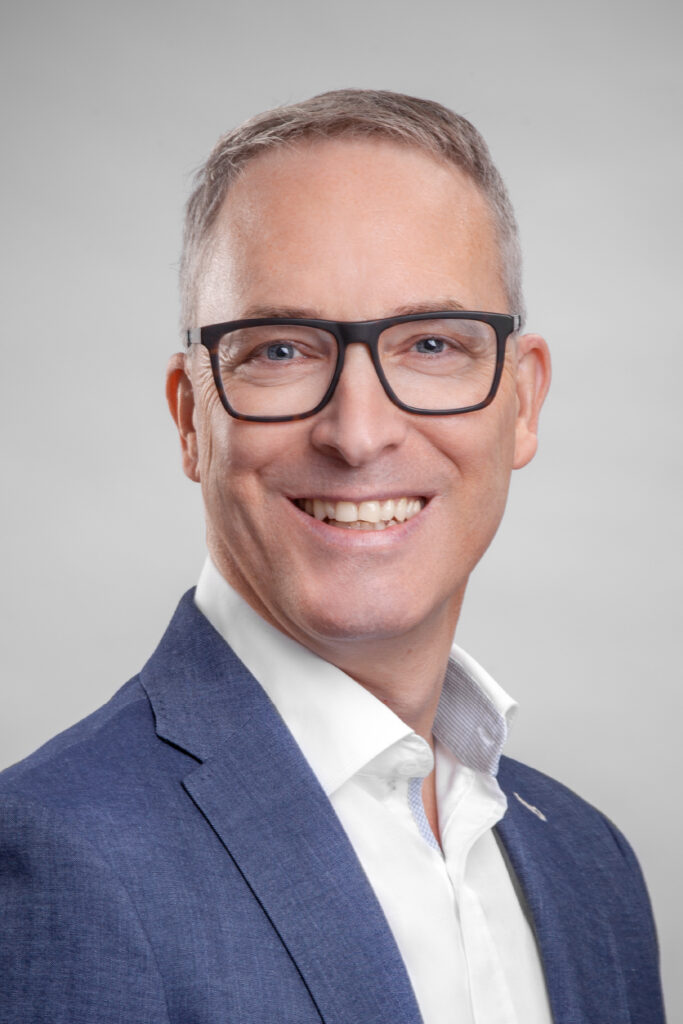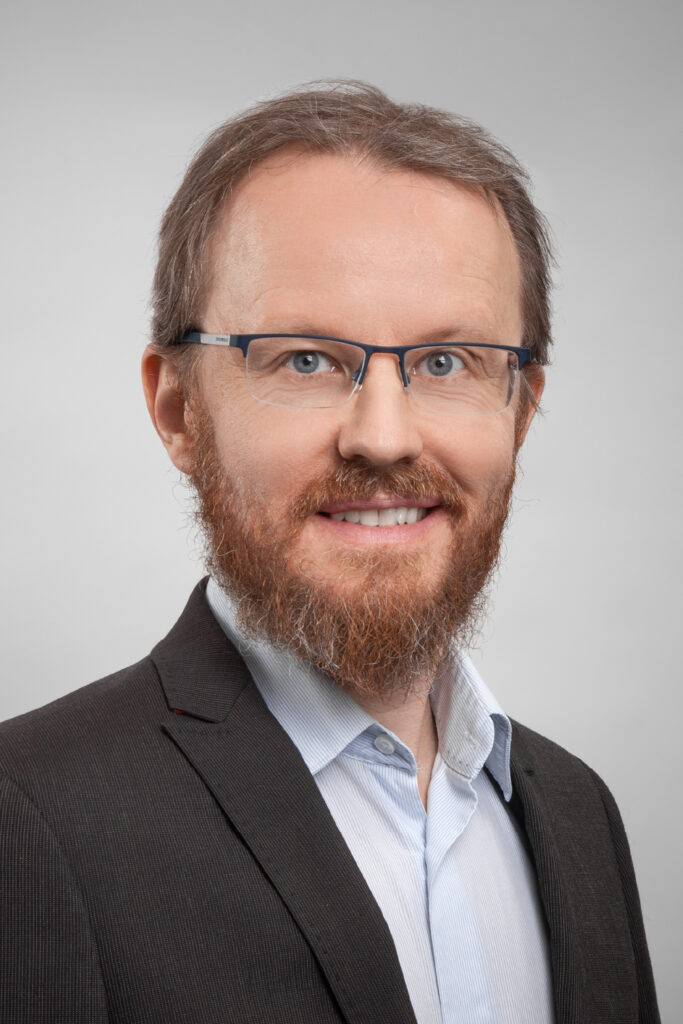26.10.2022
More than just chemical recycling – Advanced recycling improves the synergies in the recycling sector
Recent developments in markets and policy clearly indicate a transformation and long-lasting change in the circular economy of plastics.
While the European Green Deal has set the overarching aim for the European Union, markets, big industrial players, emerging start-ups and everything in-between have set off on a journey to implement and establish advanced recycling solutions worldwide. Still, some milestones in this quest can only be achieved through co-operation, partnerships, acquisitions, or fusions which could be observed throughout many of past year’s announcements. Especially the most recent developments point towards strategies that build bridges between conventional mechanical recycling and advanced recycling technologies, where both elements complement each other.
Versatile and innovative landscape of advances recycling technologies
The current landscape offers a versatile set of different technologies that serve as an interface between a wide range of different waste streams and products to further improve existing or establish new value chains. These technologies are based on mechanical, physical, biochemical, chemical, and thermochemical processes whereby some processes show floating boarders. Not all pathways are ecologically or economically meaningful for all different waste streams and are being currently extensively evaluated and discussed. A Life Cycle Assessment (LCA) is the most widely recognised and accepted methodology for analysing potential environmental impacts and for assessing environmental sustainability. Several LCAs on different recycling technologies and value chains have already been published. However, critical aspects remain to be discussed and clarified, for instance on how to conduct such assessment in detail and which parameters have to be considered in order to allow a comparison of the different technologies, feedstocks, and products in order to draw meaningful conclusions. Besides the recycling technologies, pre- and post-processing as well as upgrading technologies represent important pillars for the establishment of meaningful value chains. Together they contribute to the evolution of the circular economy.
The final program of the Advanced Recycling Conference
The first edition of the Advanced Recycling Conference (ARC), 14–15 November 2022, Cologne, Germany (Hybrid Event) offers a comprehensive program that gives all attendees the opportunity to gain deep insights into all recent developments.
Day 1
Session 1 – Advanced Recycling – Status and Outlook
In this session we take a look at the most recent developments of different companies, new strategies, transition to renewable raw materials, acquisitions, and collaborations. Thereby we also keep an eye on the availability of various waste streams and complementary approaches to address them.
DSD – Duales System (DE), Plastic Energy (UK), Interzero (DE), Eastman (NL/US), Shell (DE), Neste (FI), Next Generation Elements (AT)
Session 2 – Policy, Financing and Cooperation
Understanding the political foundations been laid for a meaningful transformation of the circular economy, and what are the challenges? How to finance new recycling plants and how networks can help to strengthen the community.
KPMG (NL), nova-Institute (DE), Dow Chemical (CH/US), Circular Biobased Delta (NL), ING (NL)
Overview: Diversity of Advanced Recycling
nova-Institute (DE)
Session 3 – Pyrolysis
Pyrolysis is a versatile tool that is able to complement mechanical recycling and to produce a wide range of different products that can be utilised in the chemical and plastics industry. Collaborations between all these stakeholders are therefore necessary and meaningful to improve the circular economy of plastics.
BioBTX (NL), OMV Downstream (AT), Borealis (AT), Agilyx (US)
Day 2
Session 1 – Sustainability and Digitalisation
In this session we will elaborate everything about Life Cycle Assessment (LCA) in the context of advanced recycling, how such assessments should and can be performed, and discuss the open questions and challenges of how to communicate their results. Furthermore, the avoidance of double counting and the tracking of recycled feedstocks throughout complex value chains is another challenge that digital tools can address.
GreenToken by SAP (AU/DE), BASF (DE), Pyrowave (CA), nova-Institute (DE)
Session 2 – Chemical PET Recycling
PET can be recycled with a versatile set of different tools, that will be part of this session. Hear more about depolymerisation via solvents and chemicals, thermal processes via extruder or biochemical approaches.
Rittec Umwelttechnik (DE), KraussMaffei Extrusion (DE), revalyu Resources (DE), Carbios (FR)
Session 3 – Dissolution, Solvolysis and more
The session focusses on plastic packaging as well as various other difficult to recycle materials such as composites and rubber and addresses different technologies to handle them.
Polystyvert (CA), Aimplas (ES), TH Köln (DE)
Session 4 – Pre-processing, Post-processing & Upgrading
Pre-processing, post-processing, and upgrading technologies are connecting elements to all advanced recycling technologies. The here introduced processes realise higher yields and achieve higher product qualities while bringing recycling to another level.
Alfa Laval Technologies (NL/SE), Sulzer Chemtech (CH), EREMA Group (AT), TA Instruments – a Division of Waters (DE), Coperion (DE)
By bringing together all relevant topics and experts, the event provides numerous networking opportunities and a framework for new partnerships, ideas, approaches, and value chains. The conference will be accompanied by a trade exhibition.
Find the full time-table and program at https://advanced-recycling.eu/program/.
To find out more about the Advanced Recycling Conference and register, please visit https://advanced-recycling.eu.
We welcome our sponsors:
Alfa Laval (SE)
BASF (DE)
EREMA (AT)




